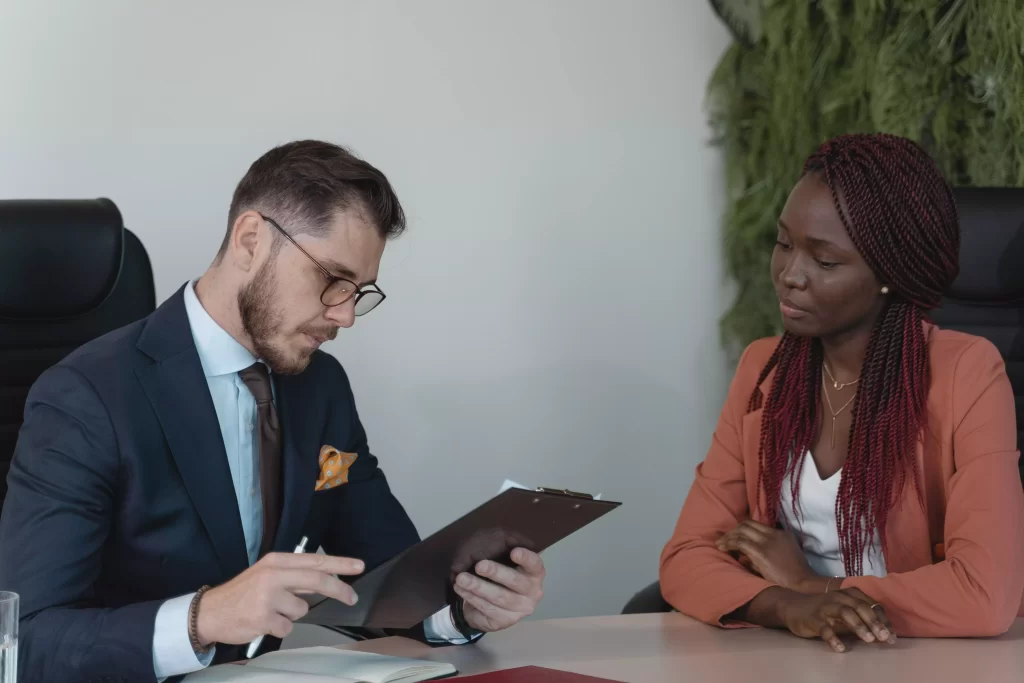Effective Communication
Unlock the Power of Effective Communication: A Guide to Connecting with Confidence
Have you ever felt like you were speaking a different language than someone else? Maybe you’ve tried to explain something, only to have the other person look at you with a confused expression. That’s the frustration of ineffective communication!
But don’t worry, you’re not alone. Communication is a skill, and like any skill, it can be learned and improved. In this article, we’ll explore the key elements of effective communication and how you can master it to build stronger relationships, achieve your goals, and navigate any situation with confidence.
Why is Effective Communication Important?
Effective communication is essential for success in every aspect of life. Imagine being able to:
- Clearly express your ideas and thoughts so others understand you.
- Listen attentively to others and really understand their perspective.
- Resolve conflicts peacefully and find mutually agreeable solutions.
- Build strong relationships based on trust and understanding.
- Collaborate effectively in teams and achieve common goals.
These are just a few examples of how effective communication can empower you to thrive in your personal and professional life.
The Building Blocks of Effective Communication
Think of effective communication as a puzzle with many pieces. Let’s break down some of the key elements:
1. Clarity and Conciseness:
Imagine trying to put together a jigsaw puzzle with pieces that are all mixed up and blurry! That’s what ineffective communication is like. To be understood, your message needs to be clear, concise, and well-organized. Avoid using jargon or technical terms that the other person might not understand. Instead, choose simple, straightforward language.
2. Active Listening:
Have you ever been so focused on what you wanted to say that you didn’t really listen to the other person? Active listening is crucial for effective communication. It means paying attention to what the other person is saying, both verbally and non-verbally, and showing that you understand. You can do this by:
- Making eye contact.
- Nodding your head to show you’re following along.
- Asking clarifying questions.
- Reflecting back what you heard to ensure understanding.
3. Empathy and Understanding:
Effective communication goes beyond just exchanging information. It’s about connecting with another person on an emotional level. Try to understand their perspective, even if you don’t agree with it. Show that you care about their feelings and their point of view.
4. Nonverbal Communication:
Your body language, facial expressions, and tone of voice can speak volumes. Make sure your nonverbal cues are aligned with your verbal message. A warm smile, relaxed posture, and genuine tone of voice can enhance your communication, while crossed arms, a furrowed brow, or a sarcastic tone can create barriers.
5. Feedback and Adaptability:
Communication is a two-way street. Be open to receiving feedback and adapting your communication style based on the other person’s needs and preferences. If you notice someone seems confused or disengaged, adjust your approach and ask for clarification.
Mastering Effective Communication: Top 10 Skills You Need
Now that you understand the basic principles, let’s dive into some practical skills you can develop to become a master communicator:
- Public Speaking: Learn to speak confidently and engage your audience.
- Presentation Skills: Deliver clear, engaging presentations that capture attention.
- Active Listening: Practice truly listening to understand, not just to respond.
- Conflict Resolution: Learn to navigate disagreements constructively.
- Negotiation Skills: Develop the ability to reach mutually beneficial agreements.
- Writing Skills: Craft clear, concise, and effective written communication.
- Emotional Intelligence: Become aware of your own emotions and those of others.
- Body Language: Use your body language effectively to convey your message.
- Assertiveness: Express your needs and opinions respectfully and confidently.
- Adaptability: Adjust your communication style to different audiences and situations.
Improving Your Communication Skills: Starting Today
Mastering effective communication takes time and effort, but it’s a journey worth taking. Start by reflecting on your current communication style and identifying areas where you can improve. Then, focus on developing those specific skills. Practice makes perfect, so don’t be afraid to experiment and try new things.
Remember, effective communication is a gift you can give yourself and others. By developing your skills, you’ll build stronger relationships, achieve your goals, and navigate any situation with confidence and grace.
Communication Skills, Interpersonal Communication, Verbal Communication, Nonverbal Communication, Active Listening



